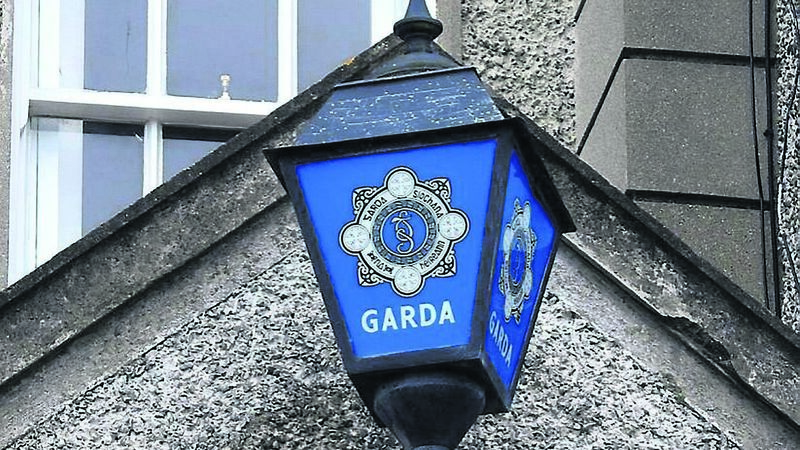Gardaí must now get back to basics to be a force for good

Rank and file members are concerned a new app monitoring their work on policing roads could be used to spy on officers.
The Garda Representative Association (GRA) is resisting the roll-out of the new app, which is intended to strengthen roads policing.
This state-of-the-art technology, designed for use on garda mobility devices, would monitor in detail how individual officers enforce road traffic laws for 30 minutes each day, tracking their activity in real time.
However, the future of a trial is uncertain after the association representing rank-and-file officers claimed it was not adequately consulted and that the system could be used to spy on officers.
They have brought this on themselves though. It comes about as a result of the Crowe Report.
Crowe Horwath, a leading accountancy and business advisory firm, were engaged by An Garda Síochána in February, 2024, to undertake a review of Roads Policing activity and operations. Their report presented independent findings and recommendations to An Garda Síochána.
They found that productivity amongst RPU members appeared to depend on the personal work ethic, disposition and level of interest of individual members.
They encountered some gardaí who appeared to be strongly motivated to be highly productive, and to have a high rate of work return (e.g. detections, arrests, vehicle seizures, etc.).
By contrast, they also encountered RPU members who appeared to show little interest in detecting road traffic offences; a small number who volunteered that they disliked their job and were eagerly looking forward to retirement; and a small number who seemed disinterested in the fact that their ANPR equipment was switched off or not functioning properly (ANPR is Automatic Number Plate Recognition, a technology used to read vehicle registration plates).
The Crowe Report team were quite shocked that, in this admittedly small number of instances, the RPU members concerned were quite open about their lack of interest in being seen to fulfil their duty.
They didn’t seem to care that such behaviour would come back to reflect badly on them as individuals or the professionalism of the organisation.
Some officers regularly had shifts where they issued no fixed-charge notices, made no arrests, seized no vehicles, or recorded no incidents.
So, while some members of An Garda Síochána tasked with policing Irish roads are doing their job properly, it seems others aren’t - and this is at a time when fatalities are on the increase.
As a consequence, this new app is one of the ways being considered to tackle the problem of under-performing officers.
The GRA has an issue with it, but they are hardly in a position to complain. The Crowe Report is damning.
Its findings have sparked concern among senior garda management, and I’m not surprised at that, but what I can’t understand is why it took a €100,000 investigation by an outside agency to discover they had a problem with underperforming gardaí.
At the report’s launch, Deputy Commissioner Shawna Coxon said new performance-monitoring legislation and regulations were still untested but will allow for a suite of options before ever getting to misconduct.
That all sounds a bit wishy-washy. The Deputy Commissioner needs to understand how they ended up here in the first place, so maybe I can enlighten her. Drew Harris and his management team placed a huge emphasis on administration during his reign. It led to members and their supervisors spent more time indoors attending to the demands imposed on them by technology and oversight than on the street where they were really needed.
Supervision is obviously an issue, and maybe that’s down to lack of resources.
When I started out as a garda in Dublin in 1980, there were two sergeants attached to my shift at my station. One was the station sergeant who was based indoors and dealt with the admin. The other was what they called the section sergeant. He was the outdoor man tasked with supervision.
You couldn’t escape him, even if you wanted to. He would regularly call me on the radio asking for my location and then come to meet me. I needed to be there when he arrived, or questions would be asked.
I remember on one occasion I was having lunch at the station. The break was 45 minutes which wasn’t a lot, and I had no sooner finished my grub when he told me my time was up. There was no escaping him.
There were inspectors too, a rank above sergeant, who also did the rounds in the course of a shift and kept an eye on everyone.
Those guys would never have needed an independent report to advise them as to who was performing and who wasn’t.
An Garda Síochána needs to get back to basics, keep it simple, and stop making everything so unnecessarily complicated.
Hopefully, the new commissioner thinks likewise.







 App?
App?




